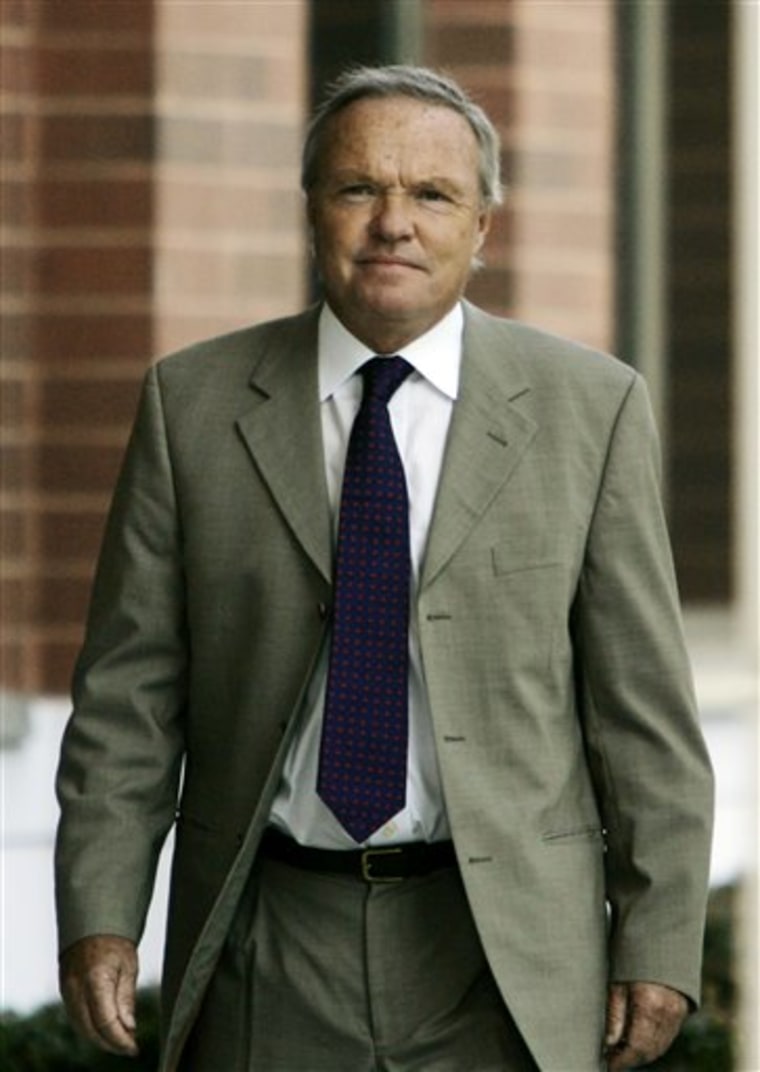A judge declared a mistrial Thursday in the case of two lawyers charged with defrauding clients of $65 million in a diet-drug settlement after jurors said they could not reach a verdict.
The jury had considered the case against suspended lawyers William Gallion and Shirley Cunningham Jr. for eight days. A third defendant, Melbourne Mills Jr., was acquitted earlier this week. All faced a single charge of conspiracy to commit wire fraud.
The case has been closely watched in the horse racing industry because Gallion and Cunningham are part-owners of 2007's Horse of the Year, Curlin. They have since sold an 80 percent share of the horse.
Attorneys for Cunningham and Gallion asked U.S. District Judge William O. Bertelsman to free the two men pending a new trial, but Bertelsman ordered them back to jail.
"The weight of the evidence is strong, nothing has changed in my mind," Bertelsman said. "The risk to flee is even greater in my mind."
Gallion's lawyer, O. Hale Almand, called the mistrial a disappointment.
"We think the evidence is very clear," he said.
The lawyers were accused of keeping millions of dollars that should have gone to plaintiffs in a $200 million settlement of a class-action lawsuit over the diet drug fen-phen, which was recalled after some studies indicated it could cause heart damage.
Prosecutors said in closing arguments last week that the lawyers were motivated by greed when they took a $127 million payment when they should have been paid $60 million. Defense attorneys said the lawyers didn't commit any crimes and any mistakes in the settlement were unintentional.
